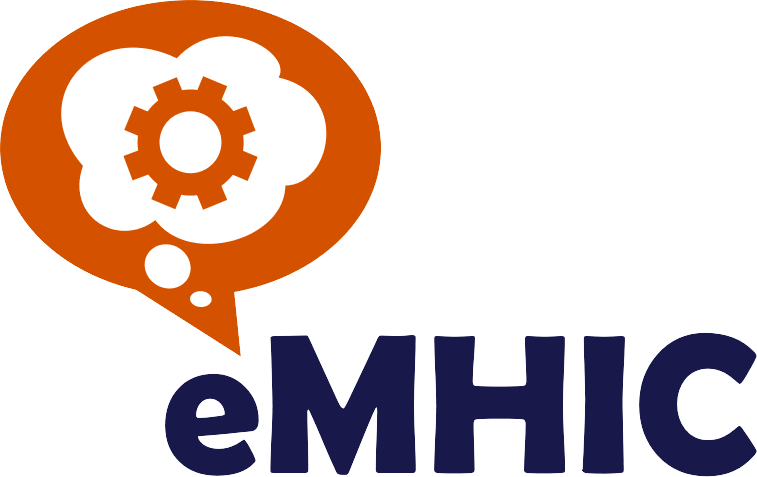
Ian Power
CEO, Spunout
Ian is CEO of spunout, Ireland’s youth information and support platform working towards an Ireland where all young people are empowered and supported to thrive. Ian is Adjunct Associate Professor at UCD School of Psychology, a member of the National Implementation Monitoring Committee of Ireland’s national mental health policy, and was a member of the Irish Government’s National Taskforce on Youth Mental Health. Ian holds independent non-executive directorships of Community Foundation Ireland and of the Citizens Information Board, and is a former President of the National Youth Council of Ireland. Ian holds an advanced diploma in juvenile justice from the King’s Inn, along with a US State Department professional fellowship from Boston College. Ian completed the Certificate and Diploma in Company Direction from the Institute of Directors in 2019.

Margaret Meagher
Chief Impact Officer, Crisis Text Line
Margaret Meagher is the Chief Impact Officer at Crisis Text Line, leading data science efforts to explore over 9 million conversations about mental health crises, leverage AI/Machine Learning to contribute solution-oriented insights to the ongoing mental health epidemic, and measure the effectiveness and impact of Crisis Text Line’s service for texters, volunteers, and broader society. A senior leader and systems thinker, she brings 20+ years of experience leading complex, large-scale portfolios and collective impact networks to improve equity and wellbeing of diverse populations around the world. She has technical expertise in mixed methods research, developmental evaluation, and impact assessment, grounded in a MA in Comparative International Development and Education, and PhD(ABD) in Organizational Leadership, Policy and Development with supporting emphases in public health and evaluation. She has led and scaled innovative social impact portfolios (>$250M, 25+ countries) in senior roles with mission-driven organizations such as Mastercard Foundation, American Institutes for Research, African Leadership Academy, and Care International, and served as advisor and collaborator with a host of governments and organizations such as UNGEI, UNESCO, and the Brookings Institution.

Jessica Jarvis
Data Analyst, Mental Health Innovations
Jess Jarvis is a Data Analyst, with expertise in research and analytics within the academic and not-for-profit sectors. She holds a BSc in Psychology and an MSc in Research and Statistics, and has over 6 years of experience working for charitable organisations such as Shout, the Samaritans and Amnesty International Australia. Notably, she pioneered the development of Shout’s annual volunteer survey, dedicated to understanding volunteer satisfaction and impact. She is passionate about using data and research to support the Shout service and communicate its beneficial work. Outside the office, Jess enjoys photography, travelling and spending time with friends and family.

Alisa Simon
Executive Vice President, E-mental Health Transformation and Chief Youth Officer at Kids Help Phone
Alisa Simon (She/Her) brings more than 20 years of leadership experience in healthcare access and non-profit management to her role as Executive Vice President, E-mental Health Transformation and Chief Youth Officer at Kids Help Phone. In this role, Alisa oversees Kids Help Phone’s national clinical service programs, providing strategy, leadership and guidance to more than 150 clinical staff and thousands of volunteer crisis responders across Canada. Through her focus on building innovative digital systems that break down barriers to care by changing the way care is delivered, measured and received, Alisa is driving the transformation of Canada’s youth mental health landscape and creating equitable access to support for youth across the country. Under Alisa’s leadership, Kids Help Phone has evolved from a phone-based helpline to a comprehensive solution that fully integrates a growing number of access points, programs and resources, achieving over 13 million interactions since 2020. Alisa also oversees knowledge translation, quality assurance and equity programs, ensuring the organization is delivering the best possible services to young people, particularly youth from equity-seeking communities. Alisa holds a Master of Public Health degree from the University of North Carolina.

Gregor Henderson
eMHIC MC
Gregor Henderson, an Independent Consultant and Mental Health Adviser, works across the UK, Europe and internationally. Collaborating with various national, international organisations and Governments. With expertise in policy, strategy implementation and operational delivery, he also serves as a thought leader in digital mental health. Formerly the Director of Mental Health for Public Health England, Gregor led the organisation’s extensive programmes of work on public mental health. Gregor was also the founding director of Scotland’s internationally renowned National Program for Improving Mental Health and Wellbeing. Gregor is actively involved in various initiatives, serving on a variety of boards and forums, such as the eMental Health International Collaborative, UK Research and Innovation and as an active member of the Global Leadership Exchange. Gregor is also the chair of the Research Advisory Group for Place2Be, a children’s mental health charity. Gregor advocates for an integrated approach, combining policy, research, practice, and lived experiences to transform societal impact on mental health. Gregor is also a coach and mentor in mental health and shares his insights through writing and lecturing.



